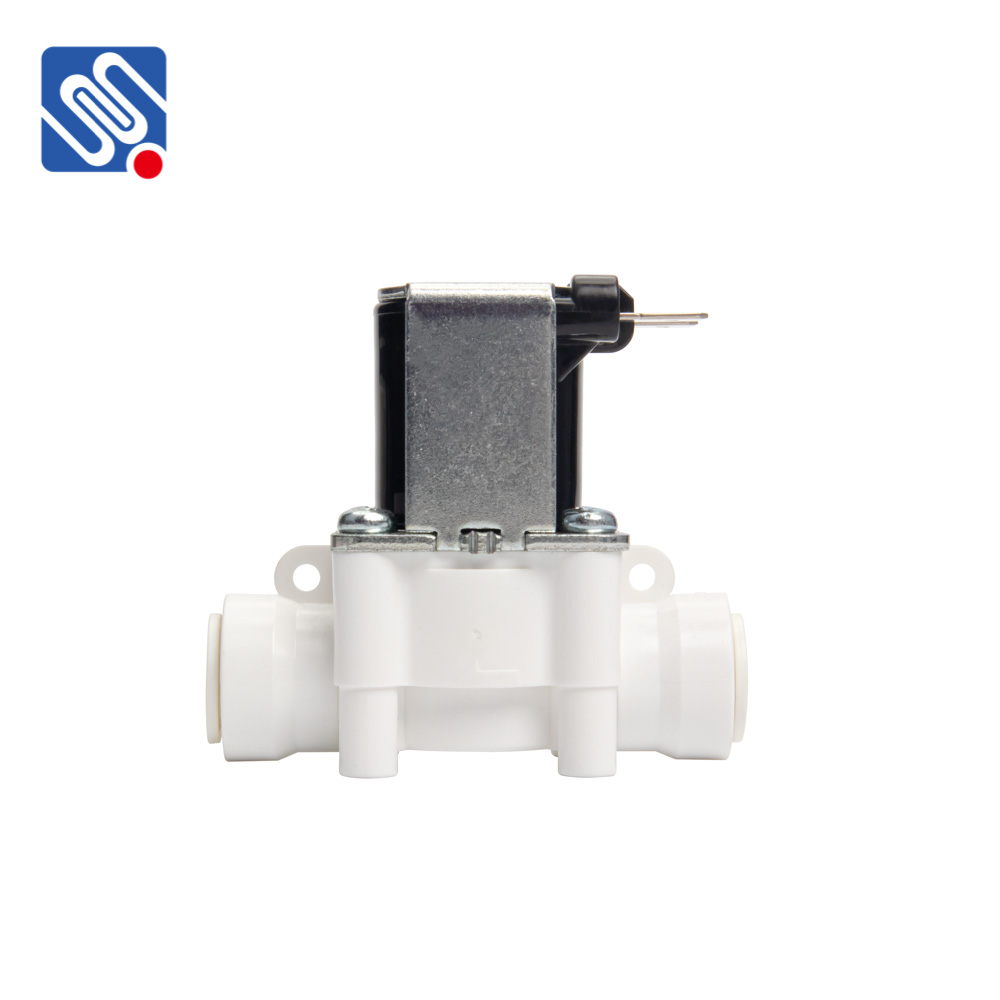understanding the role of filtration system solenoid valve in modern automation
Release time:2025-08-10 22:16:21
In modern industrial applications, the role of filtration systems is indispensable, ensuring the purity and efficiency of liquids and gases. Within these systems, the Filtration System Solenoid Valve plays a critical part in automating and controlling the flow of fluids, ensuring seamless filtration processes. This article explores the essential features, benefits, and applications of filtration system solenoid valves and their impact on various industries.

What is a Filtration System Solenoid Valve? A Filtration System Solenoid Valve is an electromagnetic valve designed to control the flow of liquids or gases within a filtration system. The solenoid valve works by using an electrical current to generate a magnetic field that controls the valve’s operation. When the solenoid is energized, it either opens or closes the valve, allowing or preventing the flow of fluid through the filtration system. These valves provide a quick and efficient way to manage the filtration process automatically. The Working Principle The basic function of a solenoid valve relies on the interaction between the electrical coil (solenoid) and the valve mechanism. When current passes through the coil, it creates a magnetic field that attracts or repels the valve’s actuator, causing the valve to open or close. This automated mechanism replaces manual valve operation, allowing for precise control over fluid flow in filtration systems.

